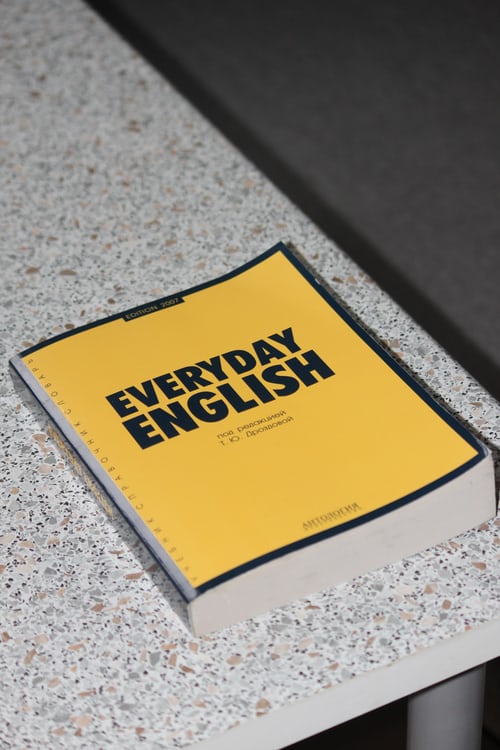1. FORMS
| Affirmative | Negative ( not) | Interrogative( Question) |
| Rule: Subject+ am/is/are+ verb+ing… | RuleSubject+ am/is/are+not+ verb+ing… | Rule Am/is/are+ Subject+ verb+ing? |
| I am revising my lessons You are working He is playing She is listening to pop music It is moving the tail We are hitchhiking You are thinking They are defending human rights | I am not revising my lessons You are not (aren’t) working He is not (isn’t) playing She is not (isn’t) listening to pop music It is not (isn’t) moving the tail we are not (aren’t) hitchhiking you are not (aren’t) are not thinking They are not (aren’t) defending human rights | Am I revising my lessons? Are You working? Is he playing? Is she listening to music? Is it moving the tail? Are we hitchhiking? Are you thinking about it? Are they defending human rights? |
2. USES
A. Actions that are happening now at the moment of speaking
Ex – My students are taking the exam right now and cannot go out .
Thank you for reading this post, don't forget to subscribe!– It is raining heavily at this moment
B. Longer actions or any temporary situation, no matter how long or short it is.
Ex: – I am reading a nice novel. (this has also the meaning that I am not reading the novel at the moment of speaking, but it is a part of long action)
– He is writing articles on various topics
– He’s studying a new language at the moment.
C. Temporary situations or habits
Ex: – He is staying up late these days.
– She is going to bed late these days.
D. Near Future plans or arrangements
Present continuous is used when mentioning something that will take place in the future, or something that is already discussed or planned ahead.
Ex: When I get home, the children are doing their homework.
E. Annoying habits with ” always/ constantly/Forever”
Ex: – My little brother is always wearing my shirt (compare it with my: my brother always wears my shirts)
N.B: Stative Verbs
With stative verbs, We do not normally use the continuous. Stative verbs include:
| Verbs of feeling/ emotions | verbs of senses | Possessions | Mental State |
| love- need- dislike hate- adore- prefer- care- | Hear- look- smell- sound- see- taste- touch- feel | own- include- involve- possess- have- contain | know- believe- doubt- think- suppose- recognize- forget- remember-deny- promise- disagree- satisfy |
3.KEYWORDS
– Now
-Currently
– At this moment
– Listen!
– Watch out!
– Right now!







